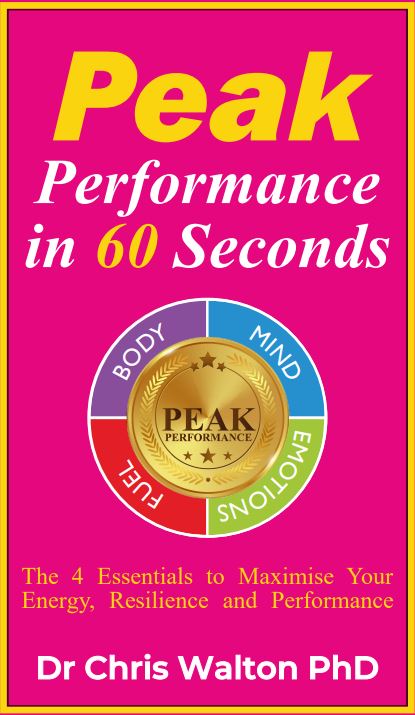Vitamin C
Vitamin C is a water-soluble vitamin, meaning that your body doesn’t store it. We have to get what we need from food, including citrus fruits, broccoli, and tomatoes.
You need vitamin C for the growth and repair of tissues in all parts of your body. It helps the body make collagen, an important protein used to make skin, cartilage, tendons, ligaments, and blood vessels. Vitamin C is needed for healing wounds, and for repairing and maintaining bones and teeth.
Vitamin C is an antioxidant, along with vitamin E, beta-carotene, and many other plant-based nutrients. Antioxidants block some of the damage caused by free radicals, substances that damage DNA. The build-up of free radicals over time may contribute to the aging process and the development of health conditions such as cancer, heart disease, and arthritis.
Vitamin C helps the body deal with physical stress such as the common cold and toxins, and now vitamin C recently added a new notch on its belt. The vitamin helps reduce both the physical and psychological effects of stress on people.
People who have high levels of vitamin C do not show the expected mental and physical signs of stress when subjected to acute psychological challenges. What’s more, they bounce back from stressful situations faster than people with low levels of vitamin C in their blood.
In one study German researchers subjected 120 people to a sure-fire stressor—a public speaking task combined with math problems. Half of those studied were given 1,000 mg of vitamin C. Such signs of stress as elevated levels of the stress hormone cortisol and high blood pressure were significantly greater in those who did not get the vitamin supplement. Those who got vitamin C reported that they felt less stressed when they got the vitamin.
Take 2 grams a day and you will be in good health.
Get FREE Access to the Gamma Mindset Masterclass
Program New Positive Beliefs into Your Subconscious Mind in just 90 Seconds !
Switch Your Stress Response Off and Eliminate Fear, Self-Doubt, Anxiety etc
Find Solutions to Your Problems and Get Clarity and Insight on What is Best for You.
Just enter your details below and you can get started right now...



